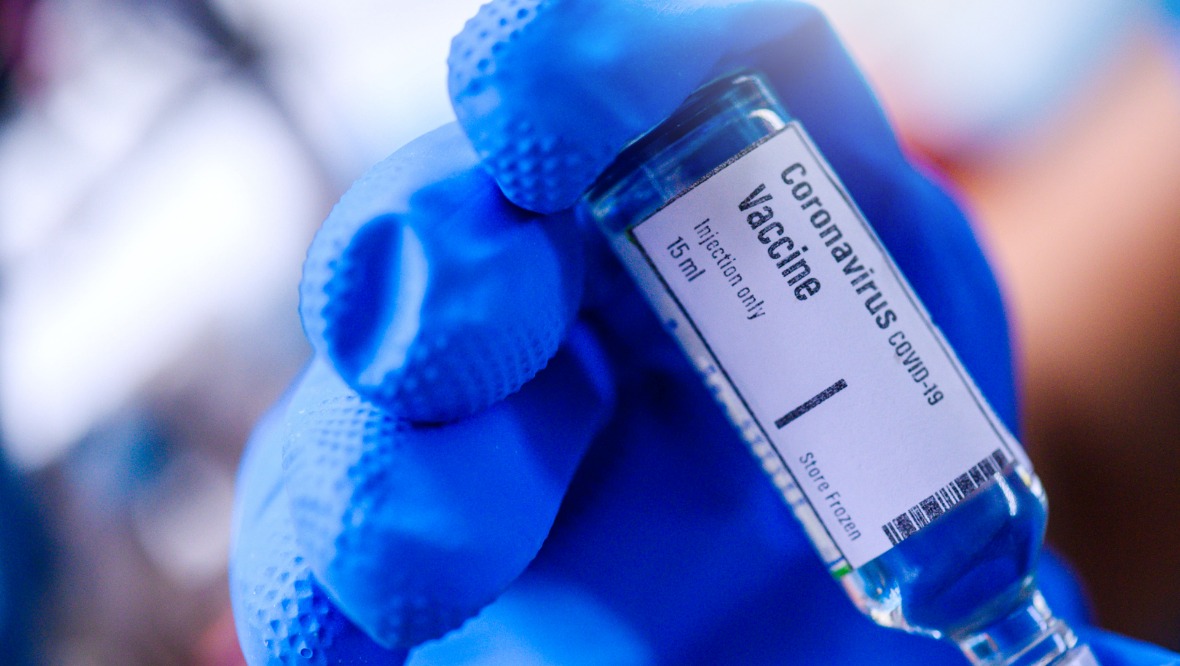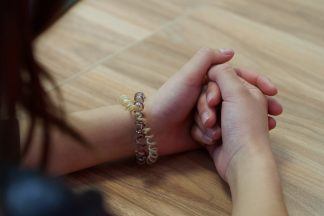Just 13 countries worldwide hold enough doses of vaccine to protect not only 100% of their population but also to vaccinate those most at risk across the world, according to recent data.
Yet the lack of social and political will required to vaccinate the entire world is making it extremely difficult to bring about. “None of us will be safe until everyone is safe” – we have heard those words repeated time and time again. However, much of the discussion over the last few months, and especially in the early stages of the vaccine rollout, has been about looking out for ourselves first.
As more people in the UK receive their vaccines, many are hoping to travel again, to see family they haven’t hugged in more than a year, go abroad for work or holidays. Several countries have started implementing travel rules that are dependent on immunity status, and are considering introducing vaccine passports. Some, that rely heavily on their tourism industries, have even suggested that British tourists will be welcome without a negative Covid test.
Yet at the same time, others in South Asia, Latin America, the Caribbean and now Africa, continue to see immense suffering and mortality from Covid. Even in a pandemic, we do not seem to all live in the same world.
Public health isn’t only about the restrictions governments might place on our freedoms as individuals, such as restricting smoking in public places. It is also about decisions that require collective action and solidarity.
Solidarity – standing with others – is an important aspect of public health. Many actions during this crisis, such as wearing masks, restrictions to mobility and shielding, are based on this. And it requires taking on certain burdens for the sake of others, with whom we share vulnerability and interdependence.
We work from home if we can so that we are less exposed to the virus, but also so that those who must go out to work are also less exposed. We make sure we take the vaccine when available not only because it will afford us protection but because vaccinating ourselves will protect others around us – especially those who are more vulnerable.
Many immigrant families have not seen their parents, grandparents or grandchildren in over a year due to travel restrictions. This comes at a high cost but is accepted as an important measure to protect themselves and others.
Some of us have lost parents or siblings in South Asia over the last few months without being able to see them one last time. Similarly, others have lost loved ones in hospitals without being able to say goodbye. It would have been too risky for others to try and do so. This is where solidarity becomes important.
We are willing to stand with each other and we’re also willing to take on certain costs in order to protect and aid each other.
Why is it that we are not ready to take on some of the costs and burdens associated with the pandemic when they are needed on a global scale? Why are we are turning away from the fact that a small number of governments are holding enough vaccine to immunise their entire population several times over, while others (albeit a little bit further away) are dying for a lack of access to vaccines?
Why are we not on the streets demanding that extra doses, as well as resources, technology and know-how are immediately transferred where needed so that everyone can be safe?
If we cannot embrace global solidarity in a pandemic, when will we ever?
Agomoni Ganguli-Mitra
Lecturer and chancellor’s fellow in Bioethics and Global Health Ethics. Deputy director of Mason Institute for Medicine, Life Science and the Law
Twitter: @GanguliMitra
Pass the Mic
Pass the Mic works with women of colour who are experts in their field – educators, academics, researchers, campaigners, policy-makers, community activists, writers, workers, carers and many more.
It aims to make a tangible change across media in Scotland by increasing the representation of women of colour who participate in it, and by improving how women of colour and the issues that impact them are talked about.
For more information on Pass the Mic, click here.

 iStock
iStock

























